- My Account:
- Sign In
- Register
- Make Payment

Home heating oil resources and FAQs.
Our informative how-to guides and educational resources are designed to help you stayed informed on all issues regarding heating oil in your home. Before you call a professional, take a look at some of these home heating oil resources to see if you can get your questions answered without having to spend a dime. We have everything from very basic guides defining some of the key terminology around oil heat appliances and services, to more in-depth articles to help you identify issues and diagnose problems before you call a professional. In the world of home maintenance, knowledge is power. The more you know about how your home operates, the more money and time you can save on house calls and replacements. If you're looking for a home heating oil prices, equipment or delivery, discover Burke Energy's comprehensive heating oil services.
Why you need to winterize your home.
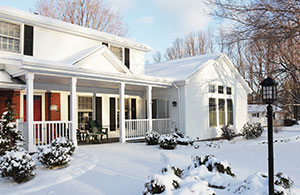 What you need to know, and do, to prevent costly damages while your
home is vacant for any extended periods of time over the winter months.
What you need to know, and do, to prevent costly damages while your
home is vacant for any extended periods of time over the winter months.
Freezing temps and major storms have the potential to cause serious, and costly, damage to your home if it’s vacant for long periods of time over the winter months. Whether it’s your family home, a summer vacation property that’s empty over the winter or if you head to warmer climates for the colder season, damage from something like frozen pipes could run up to $5,000-$70,000 to repair! That’s why ‘winterizing’ any empty properties before winter sets in is critical to prevent any damage to your home, or your bank account.
How you can winterize your home.
Use this checklist to help prevent winter damage to any of your vacant properties.
Adjust your thermostat
- Set your thermostat at the lowest temperature that will prevent pipes or anything else from freezing (at least 50 to 55 degrees).
Shut off your home’s water supply at the main valve
- This eliminates unwanted pressurized water from entering your home.
- Not sure how to do this? Or where the shut off valve is? It’s always best to call a professional plumber to help.
Open all faucets to let water drain from pipes after shutting off the main
- Do this only after shutting off the main! It’s best to call a professional plumber to open inside and outside faucets after shutting down the main water supply to let them drain.
- Your water main delivers pressurized water to your home but any remaining water in pipes could freeze in very cold conditions
Drain the water heater and all interior pipes
- Be smart and contact a plumber to do this for you if you are unsure, to prevent any accidental flooding.
- Hook up a hose from your water heater to a basement sink (if you have one) to drain the 30 to 60 gallons a typical home water heater holds.
- Sediment and particles that have collected in the heater, that inhibit efficiency, will also be washed away
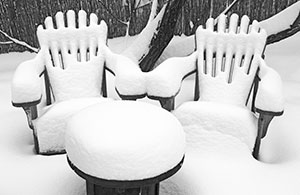
Install a water flow sensor and low temperature sensor on your main water supply pipe
- Linking these sensors to a 24/7 monitored alarm system or your smartphone will alert you about problems while you’re away.
- If you have a home security system, ask your provider to install these sensors for you.
- It’s likely that you can download a smartphone app for sensor notifications once installed.
- Need help installing sensors? It’s best to call your plumber.
Blow air through your pipes to rid your plumbing of any remaining water
- Call your plumber to have them use an air compressor to do this for you, to better ensure that your pipes will not freeze.
Clean all gutters to help water drain and flow through them
- Remove all leaves and other debris, this helps prevent interior leaks and most ice dams.
Shut down natural gas or propane lines
- NEVER attempt to work with your propane or natural gas line without calling your propane or natural gas provider.
Doing this will prevent any gas from entering your home while it’s vacant and reduces or eliminates the risk of accidental release, which could cause a fire or dangerous ignition.
Secure all yard and porch items
- Remove porch or yard furniture, clean up your yard and secure all items that could be dislodged or have the potential to become missiles in severe wind conditions.
Tell your neighbors that you will be away
- Have them monitor your home and inform you of unusual activity or damage.
- Always give them your winter contact information.
Unplug all electronic devices and appliances
- Always unplug power strips to protect your electronics from power surges, as they use some electricity even when switched “off” to prevent the potential of any rogue sparks from overheating wires, reducing fire risk.
- It will help reduce electric bills while the home is vacant
We’re the local home service experts that you can trust for all of your home winterization needs. Our team of professionals will help make sure that you can leave for extended periods of time over the winter with total peace of mind that your home or property is ready to handle whatever cold weather comes our way.

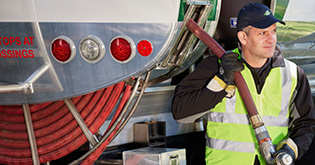
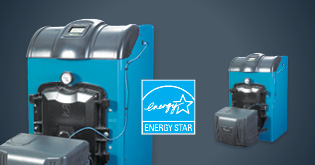
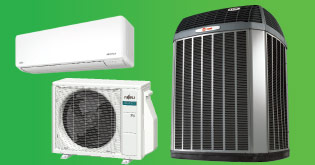
.jpg?sfvrsn=8bd8912d_3)